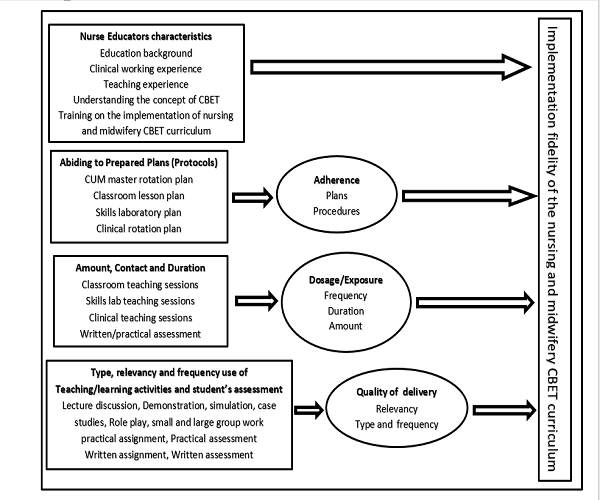Vumilia Bettuel Mmari
University of Dodoma, Tanzania
Biography
Vumilia B. Mmari is a PhD candidate at the University of Dodoma (UDOM) pursuing Doctor of Philosophy in Nursing Education. She is a Nurse Educator completed MSc degree in Nursing Sciences at Muhimbili University of Health and Allied Sciences (MUHAS) in 2010. In 2015/2016 Vumilia joined Tanzania Institute of Project Management (TIPM) for Monitoring and Evaluation Programme. She is now working at the Ministry of Health, Community Development, Gender, Elderly and Children (MOHCDGEC) as a National Training Coordinator for Nursing and Midwifery and Community Health Training Programmes at the ministry’s headquarters in Dodoma, Tanzania. She has been serving as a curricula development expert and training materials designer.
Abstract
Ten years of nursing and midwifery Competency Based Education and Training (CBET) curriculum implementation the government of Tanzania has made various interventions to support its implementation. Nurse educators were oriented on the implementation of CBET curriculum and training materials, skills laboratories were established and schools were equipped with ICT facilities. Despite all these efforts there is no evidence on how nursing and midwifery CBET curriculum is being implemented since its adaption in 2008 and major revision in 2017. Thus, the balance between the designed curriculum and implemented curriculum is not known. This lack of implementation information greatly limits interpretation of the effectiveness of the curriculum for the intended programme. The aim of this study is to investigate the implementation fidelity of the Pre service Nursing and Midwifery CBET curriculum among nurse educators in Tanzania.
Descriptive cross sectional concurrent mixed method design will be employed, where both qualitative and quantitative approaches will be used to investigate the implementation fidelity of nursing and midwifery CBET curriculum among nurse educators in Tanzania. Population of this study are nurse educators, 215 nurse educators who will be randomly selected to administer questionnaires. In qualitative approach purposeful sampling approach will be used to reach key informants with rich information on the implementation of CBET curriculum for nursing and midwifery pre service programme in Tanzania. Principal of saturation will determine the sample size. Fidelity checklist also will be used to review documents such as CUM master rotation plan, session plans, skills laboratory and clinical rotation schedules.
The modified implementation fidelity conceptual framework will be used to investigate the implementation fidelity for pre service nursing and midwifery CBET curriculum in Tanzania. Four elements (Educators characteristics, Adherence, Dosage and quality of delivery) will be treated together for better understanding of the implementation process for nursing and midwifery programme in Tanzania. Below is the conceptual framework of the study.
Conclusion and significance: There is no information on the implementation fidelity of the pre service nursing and midwifery CBET curriculum in Tanzania. The study will establish the degree of implementation fidelity of the nursing and midwifery CBET curriculum in Tanzania. Furthermore, will provide valid inferences to interpret the effectiveness of the CBET curriculum for the intended programme.
Source: Carrol et al. (2007)and modified by researcher (2018)
Figure 1: Conceptual framework for implementation fidelity of pre service nursing and midwifery CBET curriculum in Tanzania
